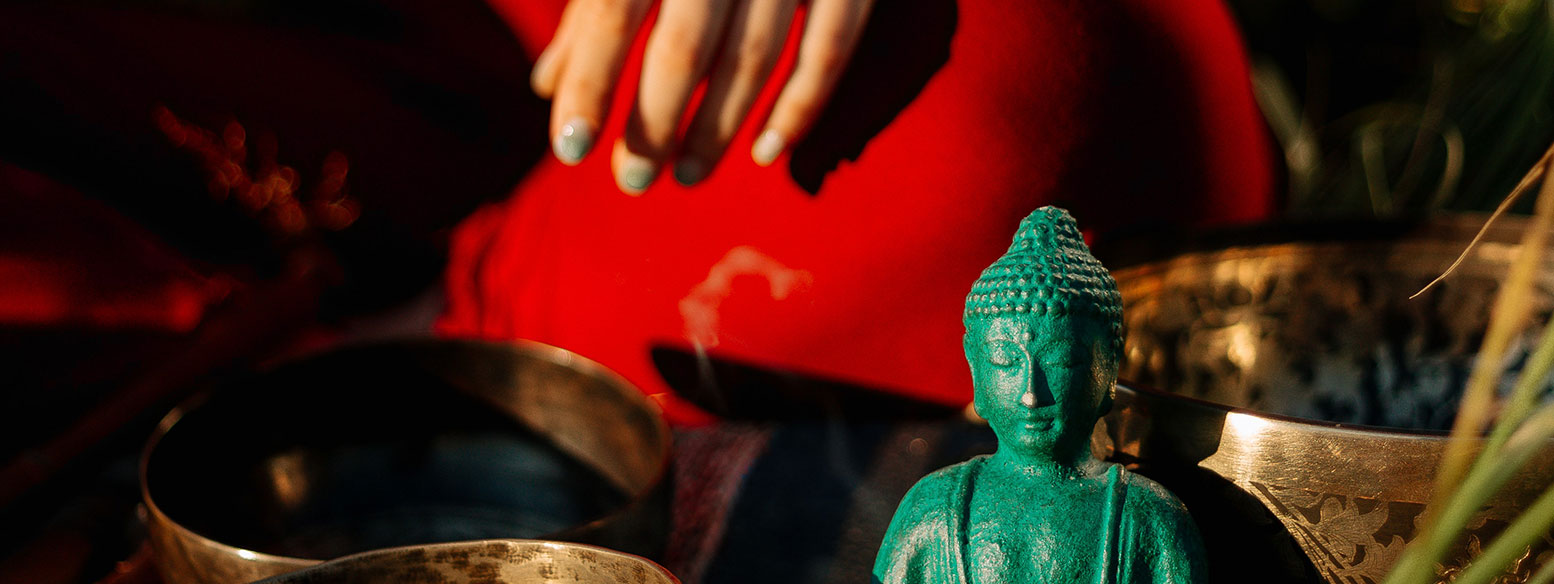- HEALTH
- Workout Routines
- Mental Health
- Natural Remedies
- Weight Management
- Holistic Wellness
- Healthy Aging and Longevity

Throughout history, cultures around the world have developed unique approaches to healing and well-being. Traditional medicine practices, rooted in centuries of wisdom and experience, continue to play a significant role in healthcare today. This article delves into two prominent traditional medicine systems – Ayurveda and Traditional Chinese Medicine – exploring their principles, practices, and potential benefits.
Traditional medicine encompasses a range of holistic healing practices that have been passed down through generations. These systems are deeply rooted in the cultural and spiritual beliefs of the communities that developed them. Two widely recognized traditional medicine practices are Ayurveda from India and Traditional Chinese Medicine (TCM) from China.

Both Ayurveda and TCM emphasize prevention and treating the root cause of illnesses rather than just symptoms. Their holistic nature allows them to address a wide array of conditions, from chronic diseases to mental health issues.
These traditional medicine practices have gained recognition in modern healthcare systems. Many individuals are turning to them for complementary and alternative treatments. Research is ongoing to explore their efficacy, and practitioners are often integrated into multidisciplinary healthcare teams.
Traditional medicine practices carry cultural significance and are deeply intertwined with their respective societies. They provide a sense of identity and offer unique insights into human health and wellness. However, challenges such as standardization, regulation, and integration into conventional healthcare systems remain.
As we navigate the complexities of modern healthcare, it’s essential to respect and learn from traditional medicine practices. They remind us of the interconnectedness of our health with nature, community, and spirituality. By integrating traditional wisdom with scientific advancements, we can create a holistic approach to well-being that benefits individuals and communities worldwide.
Ayurveda and Traditional Chinese Medicine are just two examples of the rich tapestry of traditional medicine practices found across the globe. These systems offer unique perspectives on health and well-being, emphasizing balance, harmony, and holistic healing. As we continue to explore the possibilities of modern healthcare, it’s crucial to acknowledge and honor the wisdom that traditional medicine practices bring to the table. By integrating the best of both worlds, we can pave the way for a more comprehensive and inclusive approach to health for everyone.
Subscribe Now to Get All Latest Updates
Subscribe Now to Get All Latest Updates